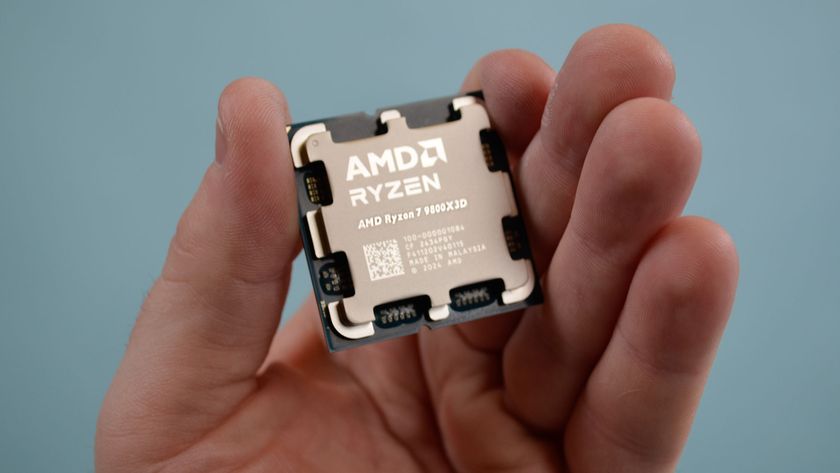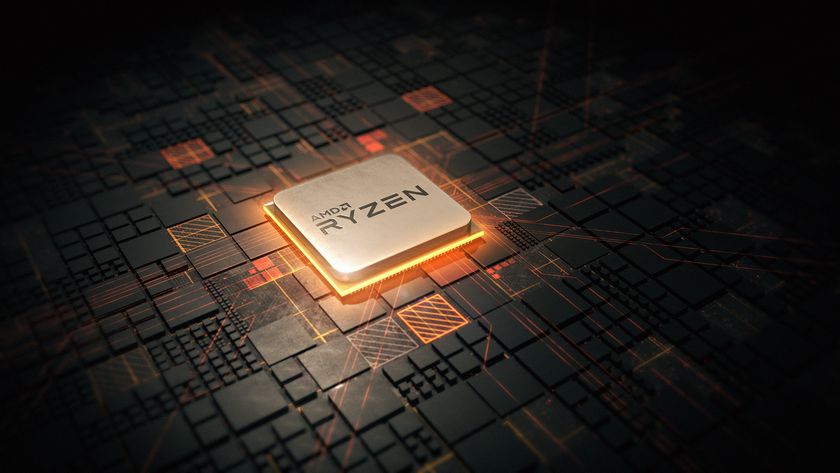Intel warns against Alder Lake overclocking trick that could 'damage' your CPU
And indeed void the warranty and reduce its lifespan

Intel has cautioned Alder Lake CPU owners that those with non-K (locked) processors shouldn’t try to overclock them, even though this might be possible with certain motherboards, as it could result in damage to the chip.
If you’ve been following this story over the course of this week, expert overclocker Der8auer has been experimenting with majorly ramping up the clocks on non-K models like the Core i5-12400 (we’ve also seen a Core i3 world record), which should not be open to overclocking officially – Intel’s ‘K’ CPUs are the products which are unlocked and meant for overclocking.
Even though it is technically possible to overclock a non-K Alder Lake processor, using the unlock BCLK feature in the BIOS of some (higher-end and upper mid-range) motherboards, Intel warns against doing so.
The chip giant told Tom’s Hardware: “Intel’s 12th Gen non-K processors were not designed for overclocking. Intel does not warranty the operation of processors beyond their specifications. Altering clock frequency or voltage may damage or reduce the useful life of the processor and other system components, and may reduce system stability and performance.”
So, in short, applying an overclock will void the warranty on your non-K chip, and could result in an unstable system, and perhaps damage the CPU and reduce its expected lifespan.
Analysis: Danger, danger… high voltage
Of course, we knew this about overclocking anyway. Overclocking is, at its heart, a balance between seeing how hard you can push clock speeds up, without affecting system stability; or rather, enthusiast or extreme overclocking is. Many PC owners can be much more conservative in their overclocking endeavors, and just plump for smaller bumps in clock speed and performance, which aren’t likely to affect stability or reliability of the chip at all.
However, the whole point of ramping up a non-K 12th-gen chip, as Der8auer has been doing, is to turn a relatively lowly and affordable CPU into a value-packed monster. And, of course, the additional point Intel is making here is that these processors are not designed to be overclocked, so will (presumably) suffer more when being pushed beyond their normal capacity. The danger is you could end up with a short-lived Alder Lake CPU, and of course no warranty protection if it does go up in smoke.
Get daily insight, inspiration and deals in your inbox
Sign up for breaking news, reviews, opinion, top tech deals, and more.
Interestingly, as Tom’s points out, Der8auer has also just let us know that one major motherboard maker is working on a cheaper B660 board which supports DDR4, and has the functionality for a non-K overclock to be applied. It was previously feared that only B660 motherboards with DDR5 support will work – with that new memory standard being an expensive proposition, running against the whole point of using a cheaper non-K Alder Lake CPU to get a big overclock and much better performance. But with Intel’s warning pouring cold water on this whole idea somewhat, many punters will now likely be steering clear of this route anyway.
The fact is that now Intel has come out and made its stance clear on the idea of non-K overclocking, Team Blue is even more likely to do what we predicted in the first place – patch out this overclock capability, likely sooner rather than later. Rumor has it that the presence of the unlock BCLK feature for overclocking could’ve been an error on Intel’s part anyway – a mistake in the microcode – which future BIOS updates are likely to correct, by the look of things.
- Check out the best PC components for your rig
Darren is a freelancer writing news and features for TechRadar (and occasionally T3) across a broad range of computing topics including CPUs, GPUs, various other hardware, VPNs, antivirus and more. He has written about tech for the best part of three decades, and writes books in his spare time (his debut novel - 'I Know What You Did Last Supper' - was published by Hachette UK in 2013).













